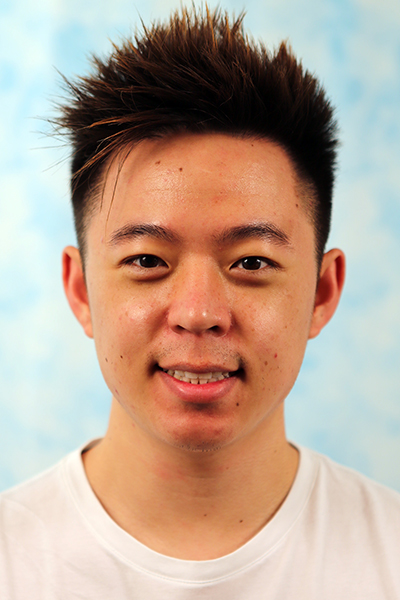
PhD Speaking Qualifier
May

Carnegie Mellon University
2:00 pm to 3:00 pm
NSH 3305
Abstract:
Humans manipulate objects using a wide range of actions, such as grasping,
pushing, pulling, in-hand rolling, and more. This observation has lead to much
research about modeling and learning individual manipulation actions. To better
understand the impact of action models on planning and executing manipulation
actions, we applied manipulation planning with pushing and pulling actions to
the problem of repositioning and reorienting objects on a planar surface. This
talk compares and contrasts two use cases for planning with pushing actions
and planning with pulling actions.
First, we solved large-scale multi-object rearrangement problems using a simple
push-planning algorithm. The algorithm first senses the objects in the scene and
then randomly samples and rolls out a greedy pushing action. The actions are
sampled in a simulator which is not tuned and has incorrect dynamics. Despite
its simplicity, we achieved state-of-the-art results in rearrangement planning.
In particular, our algorithm is the first such to non-prehensilely sort and
rearrange multiple objects.
Second, we proved that pulling objects is dynamically stable and derived a
method for computing exact bounds on the object’s swept area during a pulling
trajectory. This bound captures all possible motions arising from all possible
friction and pressure distributions. We integrated these two ideas into a
trajectory optimizer and generated plans which pull an object to any desired
position and orientation with zero uncertainty.
In both cases, we observed that the physical parameters governing the real-world
execution of pushing and pulling actions did not drastically affect the outcome.
However, for the dynamically unstable action, that is, pushing, we required some
additional sensing to accomplish the goal. These results should be considered in
future research on planning for robotic manipulation.
Committee:
Matt Mason (advisor)
Chris Atkeson
Aaron Johnson
Reuben Aronson